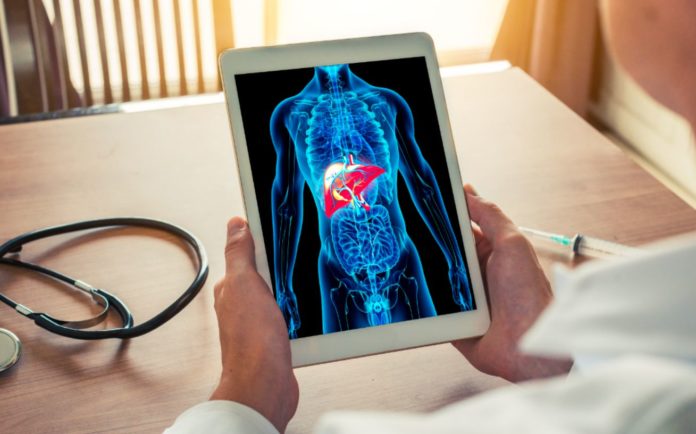Singaporean scientists have found a mechanism that explains why cardiovascular risk, rather than liver damage, is responsible for higher mortality in individuals with non-alcoholic fatty liver disease.
Scientists from Nanyang University of Technology and the National University of Singapore have deciphered the mechanism that explains the high mortality from cardiovascular rather than liver problems in individuals with Non-Alcoholic Fatty Liver Disease. The findings emphasize the importance of having a cardiologist monitor people with the illness.
Non-alcoholic fatty liver disease affects nearly one out of every three people on the planet. It is induced by metabolic variables, rather than external ones like alcohol consumption, causing fat deposition in the liver. It is considered a “silent” disease since it is typically identified at an advanced and irreversible stage, whereas cirrhosis and liver cancer are frequent sequelae.
“The growing prevalence of fatty liver disease globally is a concern,” says Professor Christine Cheung, adding “in Singapore, one in three is likely to develop non-alcoholic fatty liver disease over the next 10 years.”
“These patients are at increased risk of developing vascular diseases, such as coronary artery disease and cerebrovascular disease. The good news is that liver disease, at its early stages, is reversible.”
Involvement of the immune system
To employ as experimental models for the study, the researchers generated blood vessel cells from samples supplied by 99 NAFLD patients and 56 healthy controls.
They discovered that fatty liver disease patients’ blood vessel cells had greater quantities of a protein family known as chemokines, up to three times higher than healthy people’s.
Chemokines are powerful immune cell attractants. Their primary function in the body is to attract immune cells to infection locations so that these cells can fight the infection.
When an overly large number of immune cells are drawn into a blood artery, however, it becomes dangerous.
T cells, a kind of immune cell, were shown to be highly responsive to chemokines in NAFLD patients, according to the researchers. T cells are a type of cell that fights foreign particles as part of the body’s immune system.
The study team found that the elevated amount of chemokines in patients with fatty liver disease attracted T cells to the walls of blood vessels. These T cells then generated an inflammatory response in blood arteries, causing them to become damaged.
The study authors explain
Damage and inflammation at higher levels can cause leakiness in blood vessels, compromising their integrity over time and raising the risk of blood clot formation. If blood flow to essential organs is restricted, it might result in disastrous consequences, such as ischemic tissue injury.
In fatty liver disease patients, the researchers found three times as many circulating injured endothelium cells, which are cells from the inner lining of blood vessels that have been lost into the circulation and are a symptom of blood vessel injury.
Fatty liver disease patients, according to the researchers, produce more chemokines due to higher amounts of oxidized lipids and free fatty acids in their blood.
They concluded
“Blood vessels are likely to be sensitive to the inflammatory mediators and abnormal lipid metabolism which underlie non-alcoholic fatty liver disease. We discovered that non-alcoholic fatty liver disease blood vessel cells are more ‘activated’, making them susceptible to vascular inflammation,” added Dr. Ng Chun-Yi, paper’s first author.
Image Credit: Getty
You were reading: NAFLD: New Research Reveals How Threatening The Cardiovascular System Is
